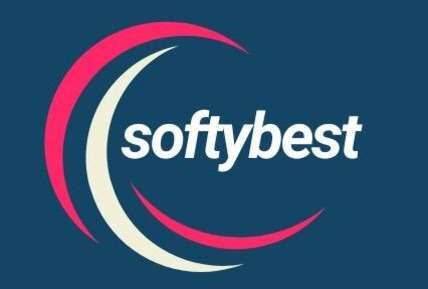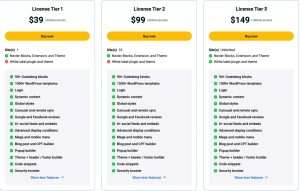QuickBooks offers a seamless credit card payment solution for businesses of all sizes. This review will explore its features, benefits, and user experiences to help you make an informed decision.
QuickBooks has become a household name in the world of accounting software, and for good reason. With its user-friendly interface and robust features, it simplifies financial management for businesses. One of its standout offerings is the credit card payment processing feature, which allows businesses to accept payments quickly and securely. In this blog post, we will delve into QuickBooks credit card payment reviews, examining its functionality, user experiences, and how it stacks up against competitors.
Key Takeaways
- QuickBooks credit card payment processing is user-friendly and efficient.
- It offers competitive transaction fees and various payment options.
- Users appreciate the integration with other QuickBooks features.
- Customer support is generally responsive and helpful.
- Security measures are robust, ensuring safe transactions.

What is QuickBooks Credit Card Payment Processing?
QuickBooks credit card payment processing allows businesses to accept credit card payments directly through the QuickBooks platform. This feature is particularly beneficial for small to medium-sized businesses that want to streamline their payment processes. With QuickBooks, you can accept payments via various methods, including online payments, mobile payments, and in-person transactions.
Why Use QuickBooks for Credit Card Payments?
Using QuickBooks for credit card payments offers several advantages:
- Integration with Accounting Software: QuickBooks seamlessly integrates payment processing with its accounting features, allowing for real-time updates to your financial records.
- User-Friendly Interface: The platform is designed to be intuitive, making it easy for users to navigate and manage transactions.
- Multiple Payment Options: QuickBooks supports various payment methods, including credit cards, debit cards, and ACH transfers, providing flexibility for customers.
- Competitive Fees: QuickBooks offers competitive transaction fees, making it an attractive option for businesses looking to minimize costs.
- Robust Security: QuickBooks employs advanced security measures to protect sensitive customer information during transactions.
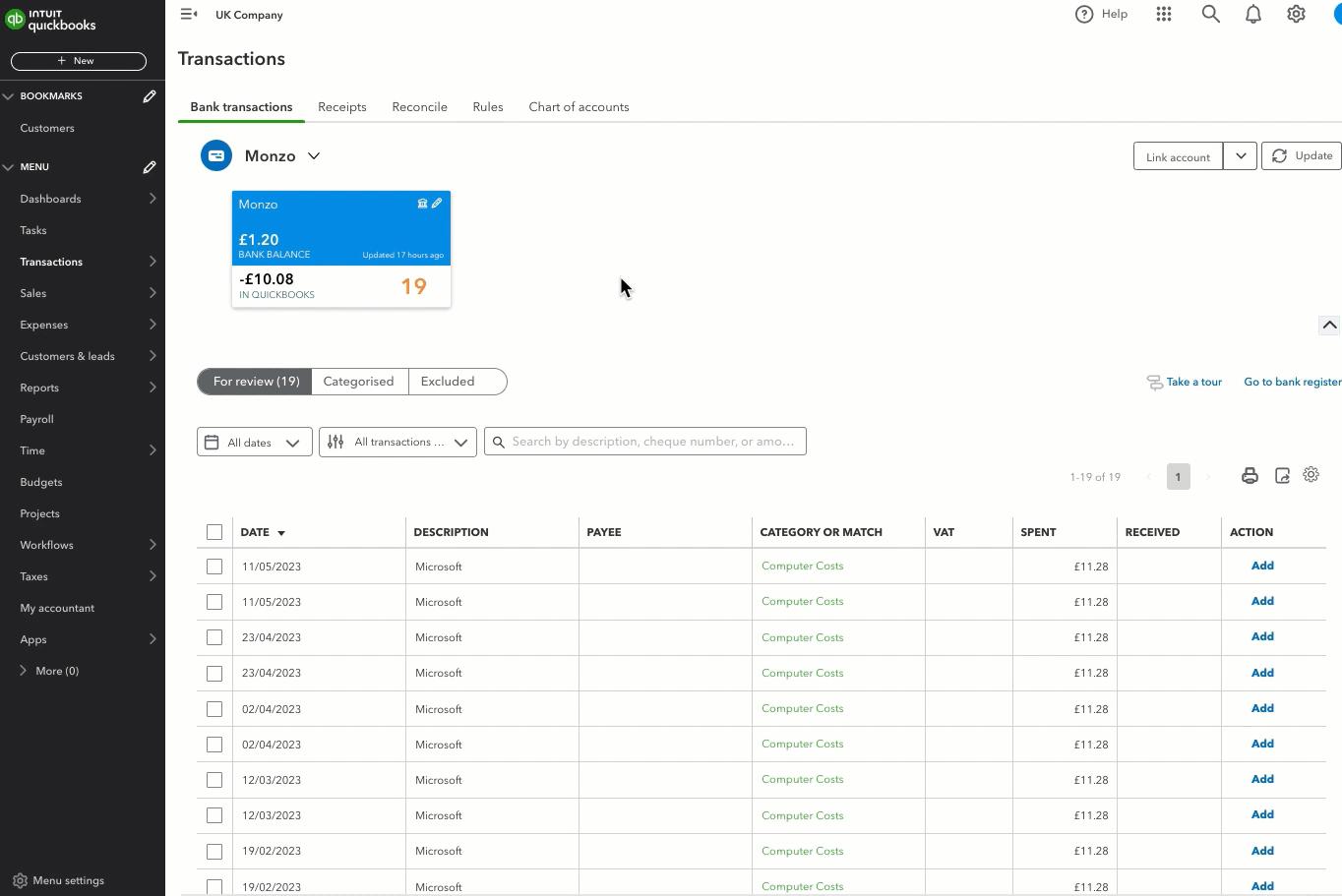
How Does QuickBooks Credit Card Payment Processing Work?
The process of accepting credit card payments through QuickBooks is straightforward. Here’s a step-by-step guide:
- Set Up Your Account: To start accepting credit card payments, you need to set up a QuickBooks Payments account. This involves providing your business information and linking your bank account.
- Choose Your Payment Method: QuickBooks allows you to accept payments online, via mobile devices, or in-person using a card reader.
- Send Invoices: You can create and send invoices directly from QuickBooks, allowing customers to pay online with a credit card.
- Receive Payments: Once a customer pays, the transaction is processed, and the funds are deposited into your linked bank account.
- Track Transactions: QuickBooks automatically updates your financial records, making it easy to track payments and manage your cash flow.
User Experience with QuickBooks Credit Card Payments
Many users have shared their experiences with QuickBooks credit card payment processing. Overall, feedback tends to be positive, highlighting the ease of use and integration with other QuickBooks features.
Personal Experience: As a small business owner, I found QuickBooks credit card payment processing to be a lifesaver. The ability to send invoices and receive payments quickly has streamlined my operations significantly. I appreciate how the transactions are automatically recorded in my accounting software, saving me time and reducing errors.

Pros and Cons of QuickBooks Credit Card Payment Processing
Pros
- Easy Integration: QuickBooks credit card payments integrate seamlessly with your accounting software, ensuring accurate financial records.
- Flexible Payment Options: Customers can pay via credit card, debit card, or ACH transfer, providing convenience.
- Real-Time Updates: Transactions are updated in real-time, allowing for better cash flow management.
- Responsive Customer Support: Users report positive experiences with QuickBooks customer support, which is available to assist with any issues.
Cons
- Transaction Fees: While competitive, transaction fees can add up, especially for businesses with high sales volumes.
- Limited Customization: Some users feel that the invoicing and payment options could be more customizable to fit specific business needs.
- Learning Curve: New users may experience a slight learning curve when first using the software, although many find it manageable.
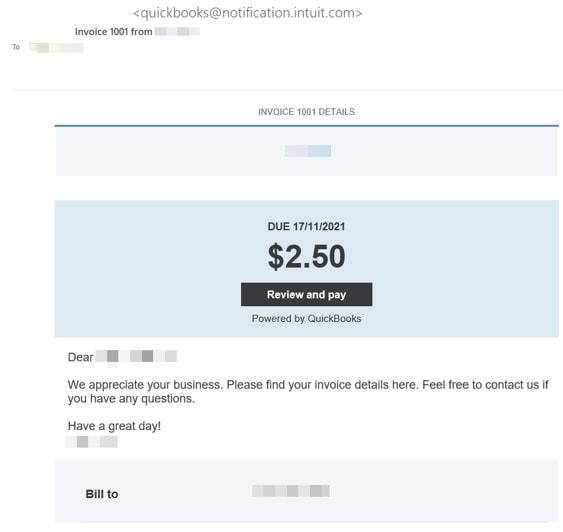
Comparing QuickBooks Credit Card Payment Processing with Competitors
When considering QuickBooks for credit card payment processing, it’s essential to compare it with other popular options in the market. Here’s how QuickBooks stacks up against its competitors:
1. Square
- Pros: Square offers a free point-of-sale system and no monthly fees. It’s ideal for small businesses and startups.
- Cons: Transaction fees can be higher than QuickBooks, especially for online payments.
2. PayPal
- Pros: PayPal is widely recognized and trusted by consumers, making it easy to accept payments.
- Cons: Fees can be higher, and the integration with accounting software may not be as seamless as QuickBooks.
3. Stripe
- Pros: Stripe is known for its developer-friendly API and flexibility for online businesses.
- Cons: It may require more technical knowledge to set up compared to QuickBooks.
4. FreshBooks
- Pros: FreshBooks offers excellent invoicing features and is user-friendly.
- Cons: It may not have as many advanced accounting features as QuickBooks.
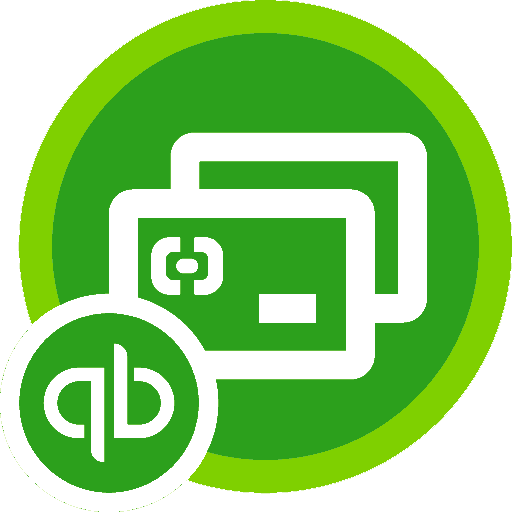
Actionable Tips for Using QuickBooks Credit Card Payments
To maximize your experience with QuickBooks credit card payment processing, consider the following tips:
- Regularly Review Transaction Fees: Keep an eye on your transaction fees and compare them with other providers to ensure you’re getting the best deal.
- Utilize Invoicing Features: Take advantage of QuickBooks’ invoicing capabilities to streamline your billing process and improve cash flow.
- Stay Updated on Security Features: Regularly check for updates on QuickBooks’ security measures to ensure your transactions remain safe.
- Train Your Team: If you have employees handling payments, provide training on how to use QuickBooks effectively to minimize errors.
- Monitor Customer Feedback: Encourage customers to provide feedback on their payment experience to identify areas for improvement.

Frequently Asked Questions about QuickBooks Credit Card Payment Reviews
1. What are the transaction fees for QuickBooks credit card payments?
QuickBooks charges a percentage of each transaction, typically around 2.9% plus $0.25 per transaction for online payments. Fees may vary based on your plan and payment method.
2. Can I accept payments in-person with QuickBooks?
Yes, QuickBooks offers a card reader that allows you to accept in-person payments using a mobile device or tablet.
3. Is QuickBooks credit card payment processing secure?
Absolutely! QuickBooks employs advanced security measures, including encryption and fraud detection, to protect your transactions and customer data.
4. How long does it take for funds to be deposited into my account?
Funds from credit card transactions are usually deposited into your linked bank account within 1-2 business days.
5. Can I customize my invoices in QuickBooks?
Yes, QuickBooks allows you to customize your invoices with your business logo, colors, and payment terms to match your branding.
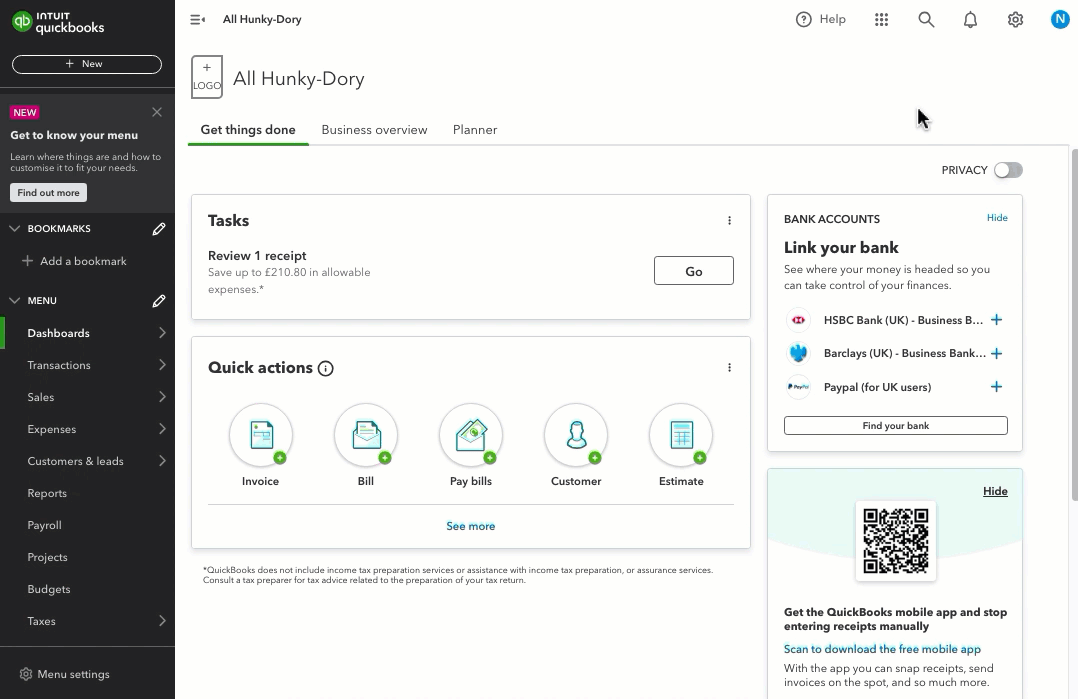
Conclusion
QuickBooks credit card payment processing is a powerful tool for businesses looking to streamline their payment processes. With its user-friendly interface, competitive fees, and robust security measures, it stands out as a reliable option for small to medium-sized businesses. By integrating payment processing with accounting features, QuickBooks simplifies financial management, allowing you to focus on growing your business.
As you consider your options for credit card payment processing, take the time to explore QuickBooks and see how it can benefit your operations. Implement the tips provided in this article to maximize your experience and ensure smooth transactions.
For more insights and reviews, feel free to explore additional resources or leave a comment below.
Watch This Video on QuickBooks credit card payment reviews.

